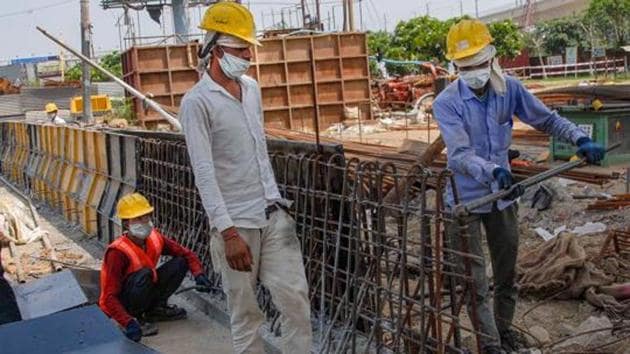Ambitious labour reforms | HT Editorial
The new labour regime will boost industry’s competitiveness. But this will take time
One came last year, a few months ahead of an unforeseen global health crisis, and the other came in the midst of it, but two significant reforms, almost exactly a year apart, could, in the medium-term, make Indian industry more competitive.

The first, announced September 20 last year was a sharp cut in corporate taxes, especially for new manufacturing companies. The second, passed during the monsoon session of Parliament that effectively ended on Wednesday, was a set of labour reforms enshrined in three labour codes (the fourth one has already been cleared). For years, these have been touted as crucial second-generation reforms — the next logical set of policies to improve the competitiveness of Indian industry, and make it easier to do business in the country. Their absence, many experts believed, was one of the issues that afflicted the Indian manufacturing sector, making it difficult for the government to realise its aspiration to “Make in India”. This is understandable. India’s myriad labour laws were sharply focused on the organised sector (which employed a fraction of the overall workforce), and while designed to protect the interests of workers and ensure compliance proved cumbersome and inspection-intensive. They served as an effective disincentive for small companies to aspire to become large ones. And by preventing companies from adjusting their labour needs to suit market demand, they hurt competitiveness, the ability and willingness of industry to create jobs, and even the workers themselves (with many companies, including large car makers, opting to hire contract workers instead of regular ones). No government seemed willing to address the issue — labour reforms were a sticky political issue, after all. Now, they have been passed — consolidated sets of laws (or codes) on wages, social security, industrial relations, and occupational safety. The wage code was passed last year; the other three, during the monsoon session of Parliament.
The worst thing that can happen to both sets of reforms (tax as well as labour) is to review their success in the immediate context of the Indian economy’s recovery from the impact of the ongoing Covid-19 pandemic. They will make it easier to do business in India (as long as the underlying rules don’t play spoilsport). And they will boost industry’s competitiveness. But it will take time.





